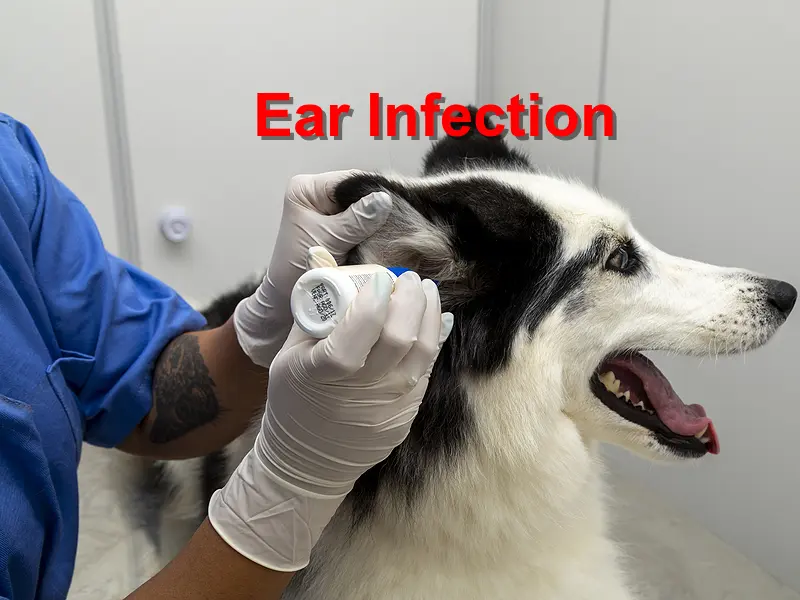Ways of Treating Ear Infection in Canines
Maybe you have witnessed your pet excessively rubbing the head or scratching their ears. Or maybe you have noticed odor, swelling, and redness on the dog’s ear. While most people usually take proper care of their dogs, there are the common signs that your furry friend has an ear infection.
Based on veterinary sciences, ear infections have become common nowadays and they are caused by different factors. Several factors can lead to the onset of ear infections among our furry friends.
Factors that cause ear infection
Some of the key factors that lead to ear infections include increased moisture, excess wax production, and excessive hair present inside the ear. Nonetheless, these are not the main factors that lead to ear infection. In most instances, ear infection is caused by an underlying issue, such as allergies, foreign bodies, or parasites.
It can also be caused by physical trauma, hormonal imbalance and cancerous growth inside the ear canal. Therefore, if you suspect your furry friend has an ear infection, always consult a vet as soon as possible.
Treatments of ear infections
Generally, treatment depends on the kind of ear infection and the underlying factor that caused the infection. Topical medications or ear cleaners, such as lotion or ear drops are often used to sooth ear infections. However, sometimes you may need to used additional medications to reduce inflammation in the ear canals. This will also come in handy if the infection has migrated deep inside the inner ear.
While you might try to clean the dog’s ear in the hopes of reducing irritation, home remedies are not recommended. For example, some home medication can be painful or harmful when applied on certain infections. Antibiotic medications can lead to bacterial resistance when used improperly.
That said, it is advisable to consult a vet to recommend the best treatment for ear infection. But if your dog is already on medication and the clinical symptoms persist, take your dog to the vet for further examination.
How to prevent ear infections
To ensure you dog doesn’t get an ear infection, check the furry friend’s ears for wax and debris build up. And if your furry friend enjoys swimming or had an ear infection in the past, consult a vet on the best ear cleaner to use.
Conclusion
Regular ear cleaning can be recommended to keep ear infections at bay. Discuss with a vet on the best treatment plan to address the infection effectively. You can also consider consulting an experienced veterinary dermatologist to recommend the best appropriate ear care for your dog.
References: Modern Dog Magazine, VCA Hospitals, Dogs Naturally Magazine




